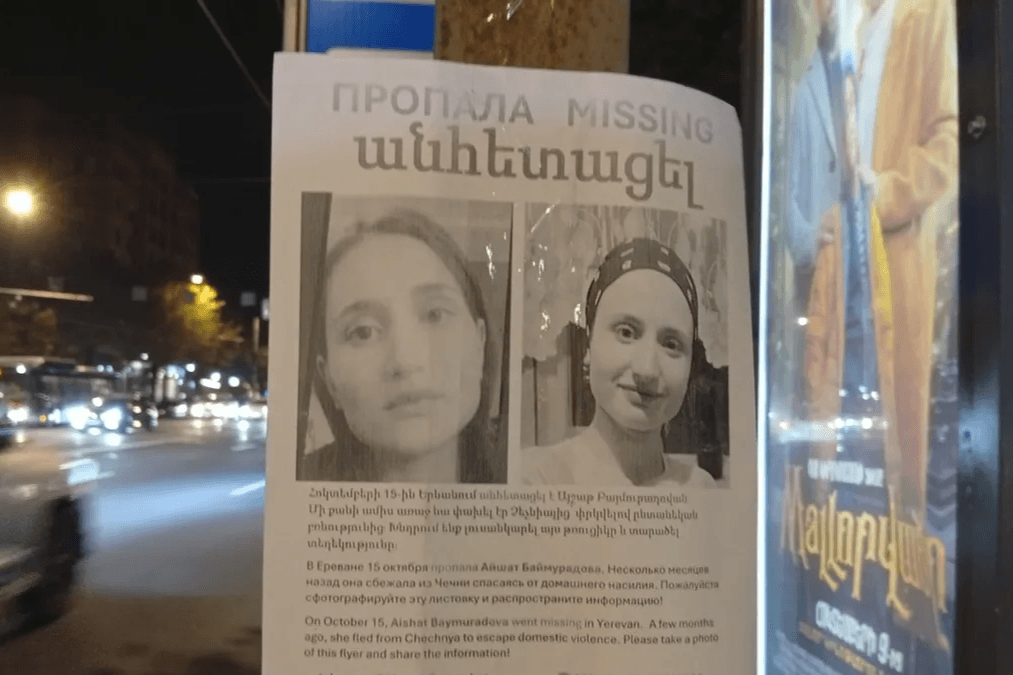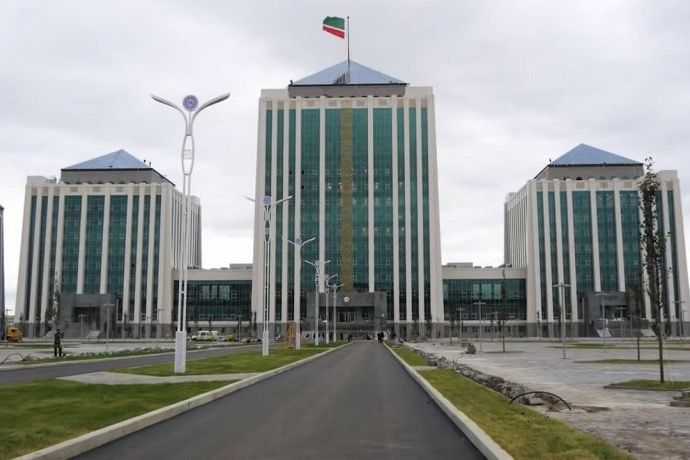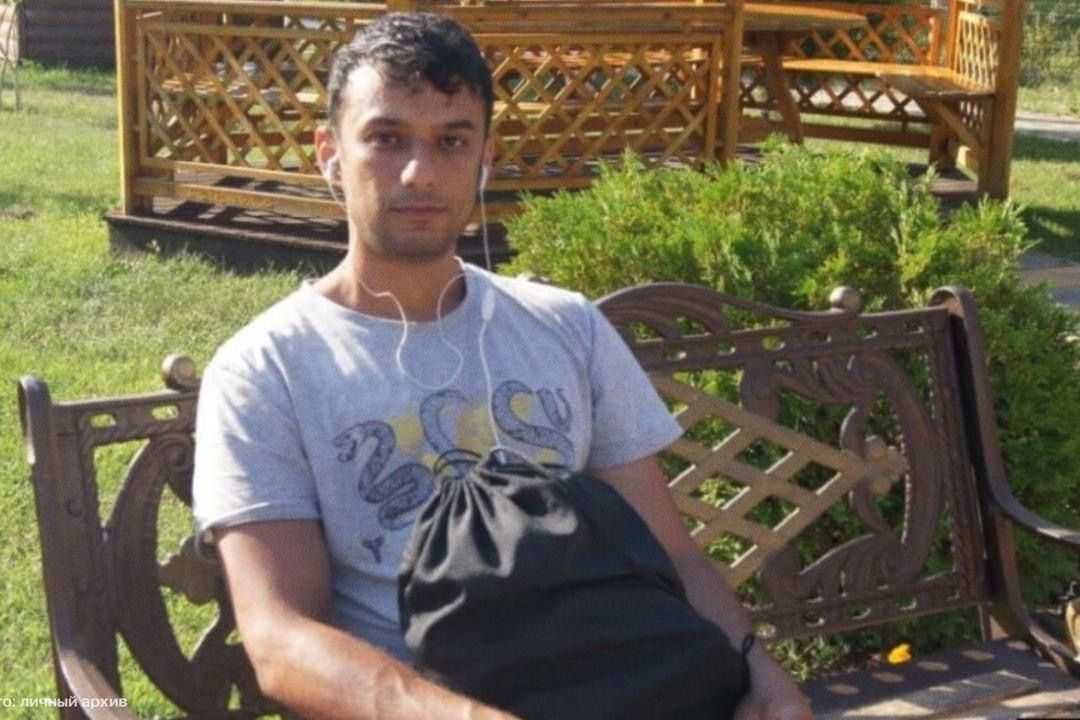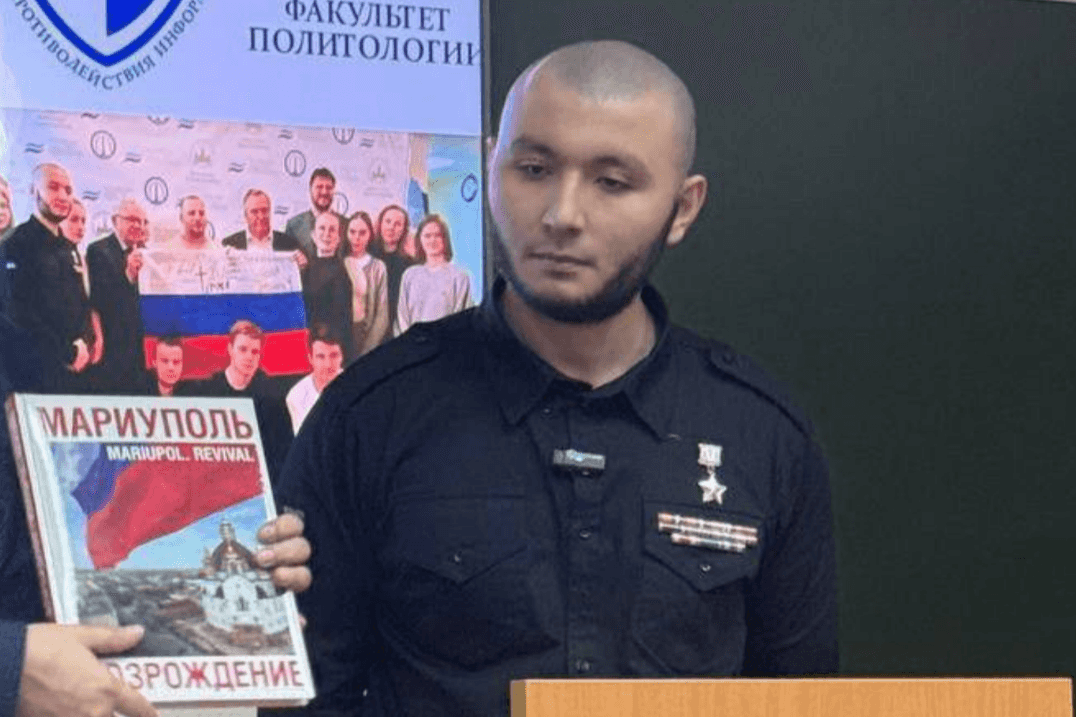
Chechnya’s Commissioner for Human Rights, Mansur Soltaev, has blamed the activists who helped 23-year-old Aishat Baimuradova flee her family for her death in Yerevan.
Soltaev published a series of series of audio messages on Telegram on 24 and 25 October purportedly of Baimuradova arguing with human rights activists.
Baimuradova was found dead on 19 October in a rented flat in Yerevan. Human rights group NC SOS Crisis Group, which had assisted her, said she had left home on 15 October to meet someone and had never returned. Armenian authorities have confirmed that an investigation is underway, though the details of her death have not been publicly disclosed.
In his statements about the case, Soltaev stated he had access to Baimuradova’s ‘correspondence, appeals, and complaints’ with a ‘very close friend’. He claimed the correspondences indicated that certain human rights activists deceived Baimuradova, took her abroad, and took her money.
‘Some human rights defenders and crisis centres deceived her, took her abroad and seized her funds, which they still have not returned. Instead of receiving help, Baimuradova faced threats and blackmail’, Soltaev claimed.
He added that he had sent a formal request to the Investigative Committee of Armenia. The authenticity of the published materials has not been confirmed, and Soltaev has not explained how he obtained the files.
In the voice recordings released by Soltaev, there are several references to money and disagreements with some volunteers. However, the excerpts do not make clear what exactly caused the conflict or who was involved.
Soltaev also once again accused human rights organisations assisting people from the North Caucasus of being responsible for Baimuradova’s death. He said he had ‘witness testimonies about the possible involvement of pseudo-human rights defenders and crisis centres, which we have already mentioned, in Aishat’s death’. He further accused such organisations of ‘terrorist information attacks’ against Chechnya and Russia.
On 23 October, NC SOS said that a social media account belonging to Baimuradova was active on the evening of 16 October — at a time in which she was likely already dead, according to investigators. They argued this could indicate that her profile had been accessed or used by third parties.
Baimuradova had sought help from human rights organisations claiming she was under pressure from relatives. She left Chechnya at the beginning of 2025 with their assistance, and had since been living in Armenia. She became active on social media and expressed her desire to advocate for women’s rights.
According to acquaintances, her father had previously served in law enforcement, and in private conversations she said that her grandmother was a cousin of Akhmat Kadyrov, the first president of Chechnya within Russia and the father of current Chechen Head Ramzan Kadyrov.
Soltaev has previously accused human rights activists of being responsible for Baimuradova’s fate, citing unspecified and unverified information. He also cited the case of Seda Suleymanova, who was allegedly killed by relatives in Chechnya after fleeing to Saint Petersburg and being forcibly returned by local security forces. Soltaev claimed that human rights activists had ‘taken Suleymanova away, kidnapped, and hid her’, and were now ‘trying to discredit the republic’.
Ten Armenian human rights organisations from the Coalition to Stop Violence Against Women have called on the Armenian authorities to conduct a full and independent investigation into the Baimuradova's alleged killing.
‘Aishat came to Armenia fleeing domestic violence and persecution, but she was killed in a country where she was supposed to find safety. Such cases are not isolated — they once again highlight the prevalence and deep roots of gender-based violence’, their statement read.











